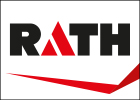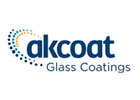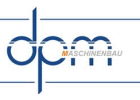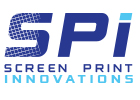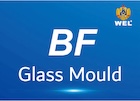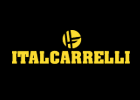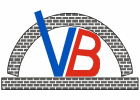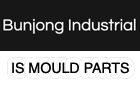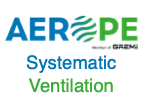The glass container industry is continuously evolving to meet modern challenges, particularly regarding energy efficiency and environmental sustainability.
BDF believes that a beneficial area of focus is the forehearth, where the transition from traditional combustion- based systems to electric solutions is reshaping the industry. In recent years, global policies aimed at reducing carbon emissions have intensified, with initiatives like the European Green Deal setting ambitious targets for decarbonisation. The glass industry, being energy-intensive, is under increasing pressure to adopt cleaner technologies. Regulations such as the EU Emissions Trading System (ETS) and incentives for green industrial transformation are driving manufacturers to rethink their processes. The push toward net-zero emissions aligns with consumer and industry demands for more sustainable production, making solutions like the BDF Electric Radiative Forehearth (Fig 1) a necessary step forward. The Green Deal not only imposes stricter emissions regulations but also incentivises industries to transition towards renewable energy sources and electrification of processes. This shift is particularly relevant in the glass industry, where the need for precise thermal control and continuous operation makes conventional energy-intensive solutions less sustainable in the long term. With electricity grids increasingly powered by renewables, electrification presents an opportunity to further reduce the carbon footprint of glass production.



